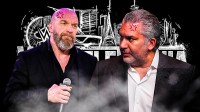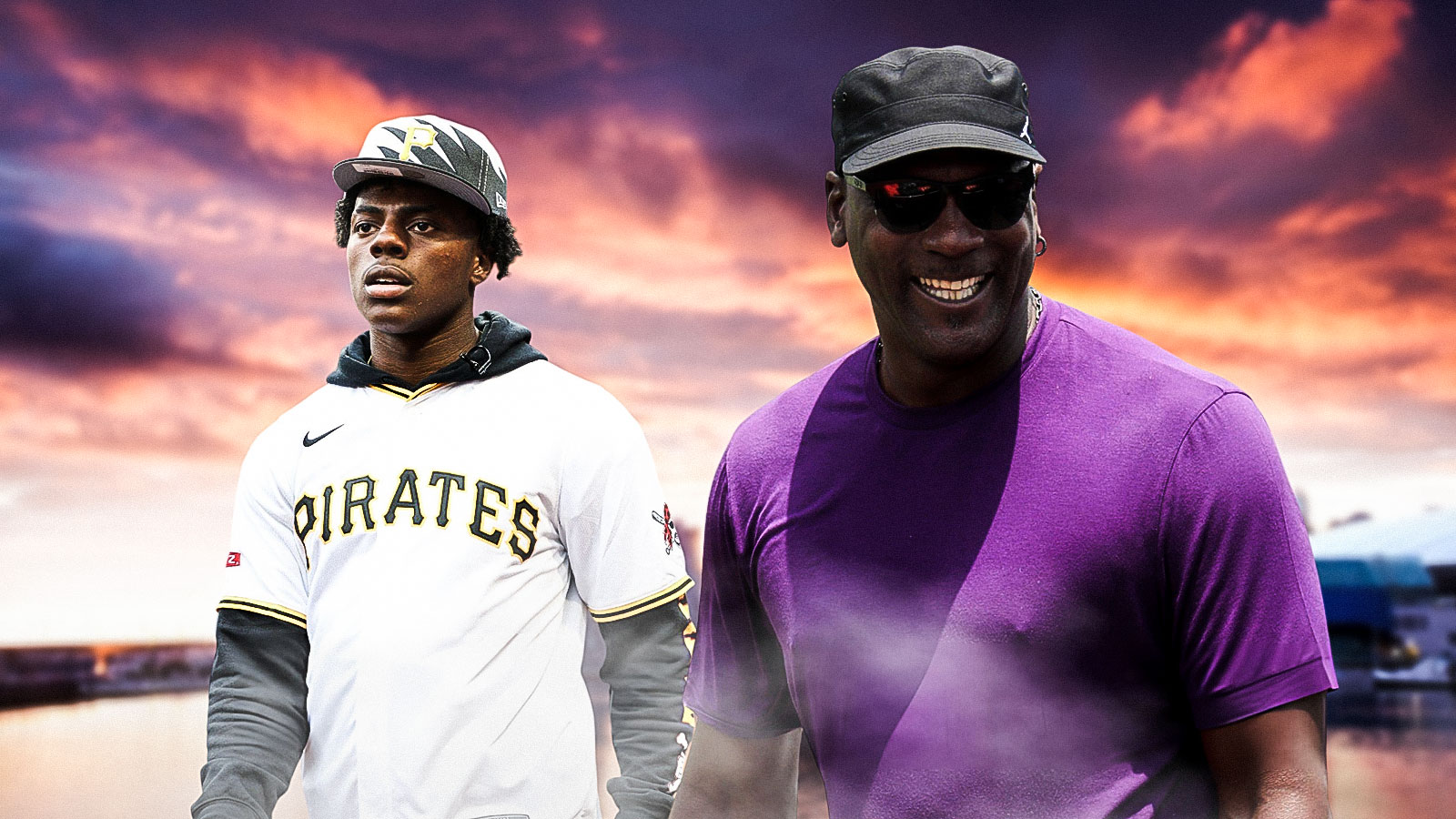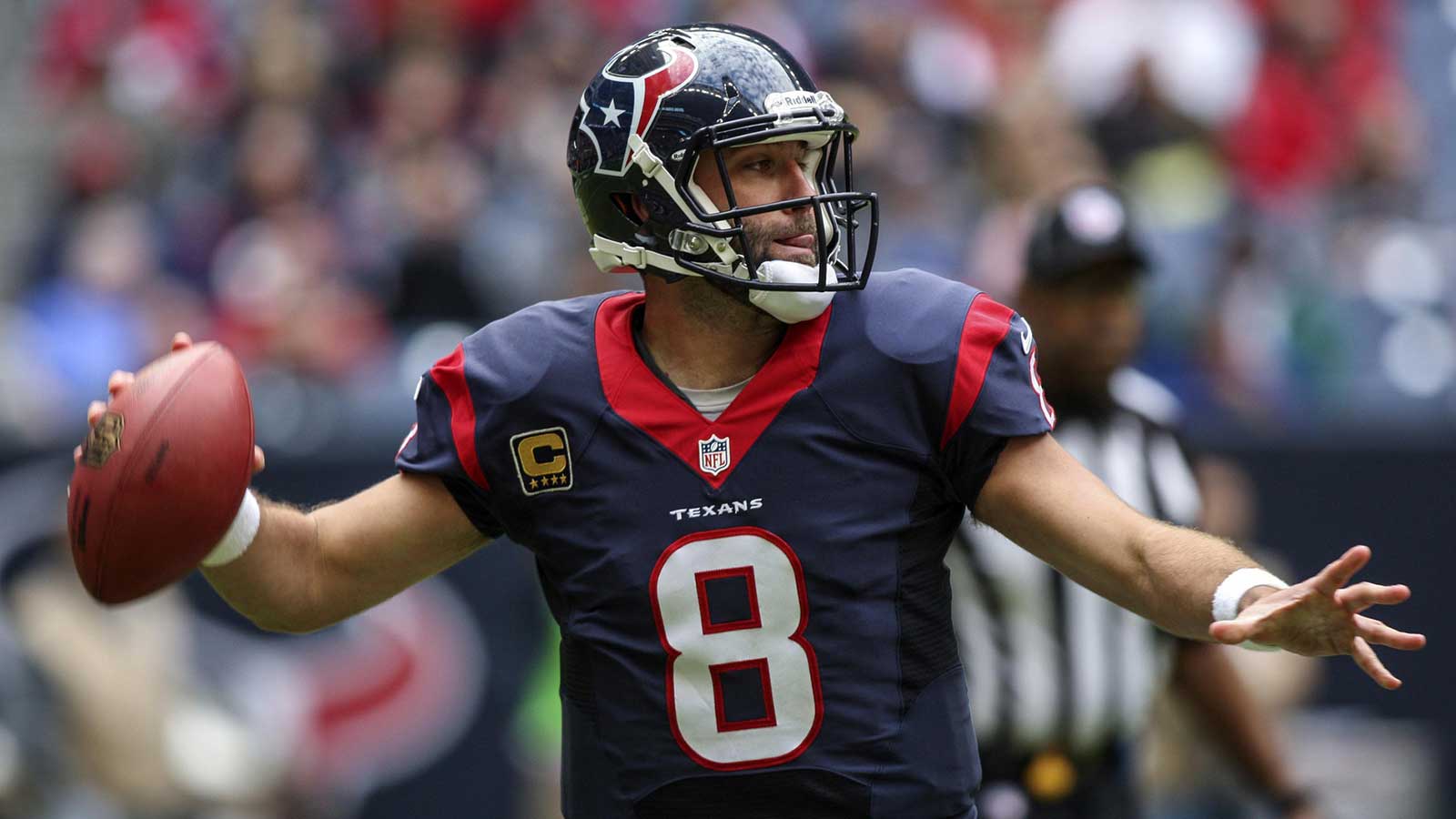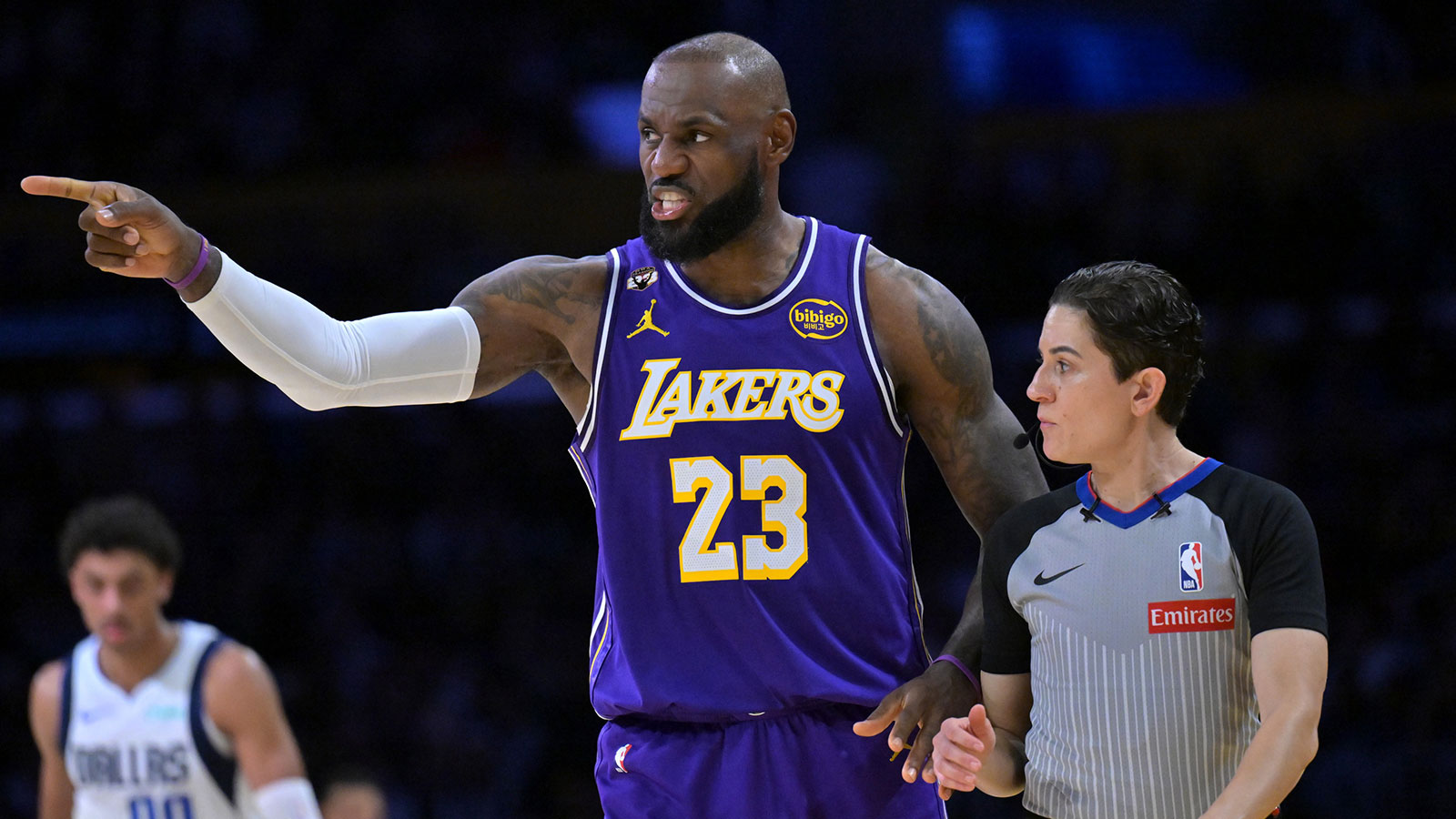It is fitting that this is the last year of the four-team format before the College Football Playoff changes to 12 teams, because this year may present the clearest argument yet for why it is unfair to only allow four teams to compete for the national championship each year. This season, the Alabama, Georgia, Florida State, Texas, Washington, and Michigan football teams all have very strong arguments for why they should be invited to compete for a championship. Oregon and Ohio State both have legitimate arguments that they are worthy of playing for a championship as well.
A tough decision for the College Football Playoff committee
Let’s get one thing out of the way right now: This is going to be the toughest decision the College Football Playoff committee has had to make in recent years, and arguably the toughest decision ever since the inception of the College Football Playoff in 2014.
The case for (and against) Florida State

The case for Florida State is simple: They are a Power Five champion with an undefeated record. No team with that level of resume has been left out of the CFP since its inception.
However, is FSU one of the four best teams in the country? Without Jordan Travis under center, the answer is almost certainly no. FSU’s defense is championship caliber and is arguably the best defense in the entire nation. However, their offense with a second-string quarterback under center is far from championship quality.
This is why the current format is so egregiously wrong: The Seminoles have overcome every challenge thrown at them this season, their defense is one of the best in the country, and they have all the accolades. They had an undefeated season and are conference champions.
If they don’t get in, none of that matters.
The case for (and against) Texas
Texas has a similarly straightforward argument: The Longhorns won their conference championship, their offense passes the eye test, and they have one of the best wins in the country, a road victory over Alabama early in the season.
If that win doesn’t matter, what is the point of scheduling difficult out-of-conference games?
The case for (and against) Alabama

Alabama’s argument is simple: They are SEC champions, and they have the single most impressive victory in the entire country: A win against Georgia in the SEC Championship Game.
As Saban noted in his press conference after beating Georgia to clinch the SEC championship, Alabama isn’t the same team that they were when they lost to Texas in Week 2, or when they only scored 17 points against South Florida in Week 3. Growth throughout the season should count for something.
The case for (and against) Georgia
Georgia has been ranked number one in the second-to-last College Football Playoff rankings, and no team in that position has ever dropped out of the top five completely. The Bulldogs have looked like the best team in the country for most of the season, and they shouldn't be left out due to a loss in the conference championship game.
The SEC Championship Game was an exhilarating fight that came down to the wire, and it looked very much like a national championship game. This shouldn't be held against either team, especially not one that could potentially three-peat. Georgia is one of the four best teams, and the two-time defending champions should be invited to compete for a national championship trophy.
On the other hand, the Bulldogs aren't undefeated, and they don't have a conference championship to their name. They may not be one of the four most deserving teams, but they are certainly one of the four best. It will come down to what the committee truly values more: The most deserving teams, or the best teams.
The case for (and against) Washington

Washington has a conference championship to their name and several quality wins, highlighted by two wins against Oregon and one win against USC on the road. They’re also undefeated.
Washington meets the eye test and meets all of the committee’s stated criteria. They’re in.
The case for (and against) Michigan
Michigan is undefeated, has a conference title, and has a win against a top-10 team in Ohio State. The Wolverines also passed the eye test as one of the four best teams in the nation. Same as Washington: They’re in.
Why Oregon and Ohio State will be on the outside looking in
Based on the current criteria, Oregon isn’t going to make it. Oregon had two chances to defeat Washington, and they didn’t get the job done. It’s that simple, but that doesn’t make it right.
Oregon is good enough that they could realistically win the championship. Therefore, they deserve to compete for it, and without that opportunity, we’ll never know who the true champion is.
Similarly, the Buckeyes are good enough to deserve a spot in the College Football Playoff and they do have quality wins. Still, they didn’t even play for a conference championship due to the Big Ten’s divisional format, and they lost their matchup with the Wolverines. They would need a lot of help to make the playoffs under those circumstances, and unfortunately for Ryan Day’s team, they didn’t get that help.
This season proves the need for an expanded playoff field

Next season can’t come fast enough for the CFP committee and teams on the bubble. For years, there has been controversy with the four-team format.
However, in past seasons there has been at least some semblance of the four best and most deserving teams overlapping. This year is the first year in which the “best” and “most deserving” teams are irreconcilably different. Florida State is absolutely one of the four most deserving teams, in fact, they might be the most deserving team. However, without Jordan Travis under center, nobody can say with a straight face that FSU is one of the four best teams in the country.
Similarly, there is no legitimate argument anybody can make that Oregon or Ohio State are among the most deserving teams, but it can absolutely be argued that both of these teams would have a realistic opportunity to win a national championship ring if they were given the opportunity to do so.
Ultimately, both the best teams and the most deserving teams should have the opportunity to compete for a national title. In most years, the teams in each category will overlap somewhat.
However, there will be years such as 2023, where they don’t, and in most seasons will have more than four teams that deserve a shot at the title. Twelve teams is a reasonable compromise that would result in every team discussed in this article being included.
That is the way it should be, and that is the way it will be starting next season. It’s fitting that the last season of the current format provided such stark examples as to why the change must be made.




















